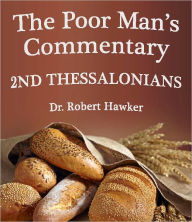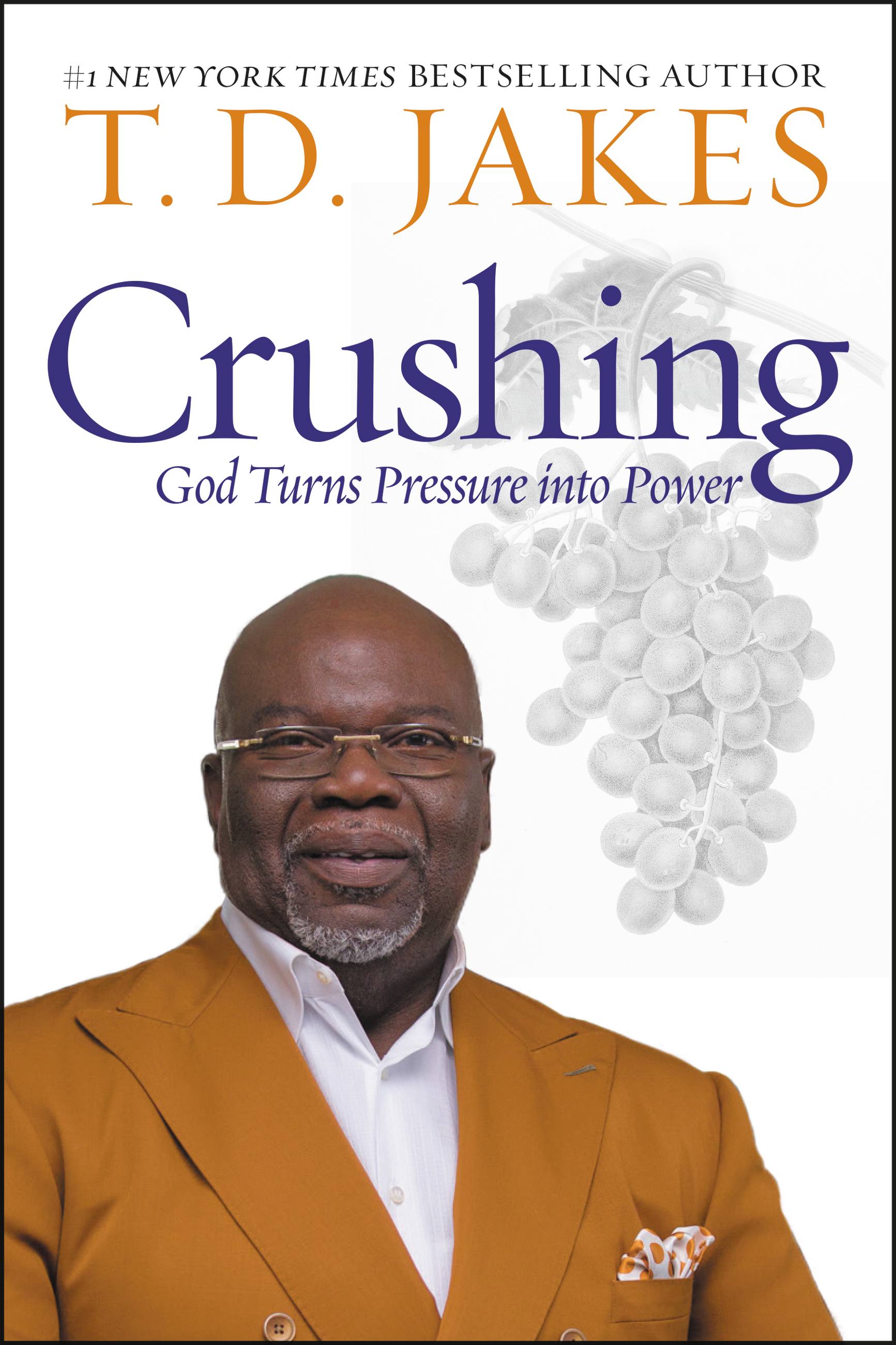The Poor Man's Commentary - Book of 2nd Thessalonians
by Robert Hawker
2020-04-24 08:07:21
The Poor Man's Commentary - Book of 2nd Thessalonians
by Robert Hawker
2020-04-24 08:07:21
You are about to purchase and download the eBook version of The Poor Man's Commentary - Book of 2nd Thessalonians, by Robert Hawker.Instead of downloading The Poor Man's Commentary in its entirety, we have conveniently broken this monumental work int...
Read more
You are about to purchase and download the eBook version of The Poor Man's Commentary - Book of 2nd Thessalonians, by Robert Hawker.Instead of downloading The Poor Man's Commentary in its entirety, we have conveniently broken this monumental work into individual books. This allows you to save more free space on your e-reader device and makes for faster searches and smoother navigation. We sincerely hope these features will enhance your studies and maximize your reading experience.Gentleman, if you want something full of marrow and fatness, cheering to your own hearts by way of comment, and likely to help you in giving your hearers rich expositions, buy Dr. Hawker's Poor Man's Commentary . Dr. Hawker [1753-1827] was the very least of commentators in the matter of criticism, but he sees Jesus, and that is a sacred gift which is most precious whether the owner be a critic or no. There is always such a savor of the Lord Jesus Christ in Dr. Hawker that you cannot read him without profit. --Charles H. Spurgeon, Commenting on Commentaries Robert Hawker (1753–1827) was a Devonian vicar of the Anglican Church and the most prominent of the vicars of Charles Church, Plymouth, Devon. His grandson was Cornish poet Robert Stephen Hawker.Hawker, deemed “Star of the West” for his superlative preaching that drew thousands to Charles to hear him speak for over an hour at a time, was known as a bold evangelical, caring father, active in education and compassionate for the poor and needy of the parish, a scholar and author of many books and deeply beloved of his parishioners.Hawker was born in Exeter in 1753 to John Hawker, a surgeon and Mayor of Exeter. He was an unlikely candidate for the ministry. A fun loving teenager he lacked a serious outlook on life - he once threw a squib into a somewhat staid congregation and ran off hooting merrily. He married aged nineteen to Anna Reins, who was only eighteen herself. They had eight children altogether.Hawker went in for medicine and studied in Plymouth under Samuel White of Bretonside (a stone's throw from Charles Church). Finding this not his vocation he joined the Marines as assistant surgeon. However the savage discipline and brutalities of war led him out of the service and to fulfil a long time ambition to enter the ministry. He entered Magdalen College, Oxford in 1778.He was a few months at Looe as a curate and then appointed as assistant curate to Charles Church (still in 1778) under John Bedford. He was ordained in 1779. He succeeded Bedford on his death in 1784 and held the living until his own death in 1827.He was a man of great frame, burly, strong and with blue eyes that sparkled and a fresh complexion. His humor was deep and razor sharp and his wit popular although he had a solemn exterior and in conversation would resort to silence while contemplating a difficult retort. He played the violin well and was an excellent scholar. Almost as soon as he arrived as curate he started writing and poured out over the year a long list of books, volumes of sermons, a theological treatise, a popular commentary, a guide to communion and also books of lessons in reading and writing for the schools. For a work of his on the divinity of Christ (combating the rise of Unitarianism) the University of Edinburgh conferred upon him a degree of Doctor of Divinity in 1792. He also produced the “Poor Man’s Morning and Evening Portions” that were used long after his death.
Less


















.jpeg)







.jpg)



